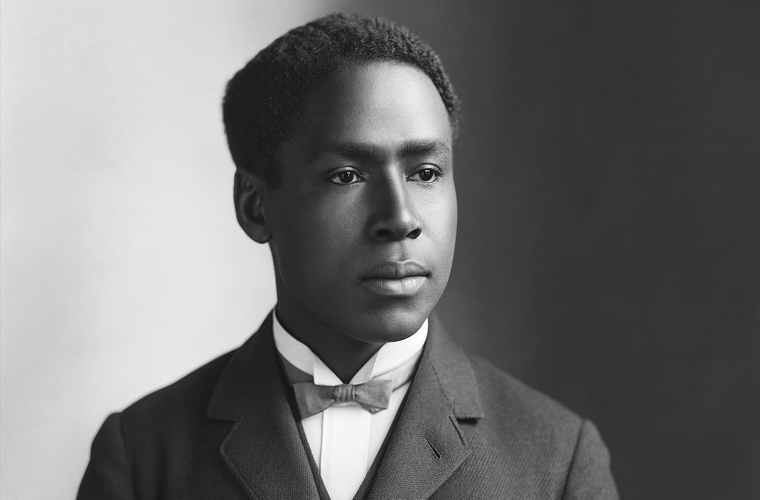Jefferson Lewis Edmonds, born into slavery in antebellum Virginia, spent two decades laboring in tobacco and cotton fields before gaining freedom in 1865. After emancipation, he relocated to Crawfordsville, Mississippi, where he pursued education through a series of freedman schools. By 1875, at the age of thirty, he began teaching in Mississippi’s black schools, a role he continued until 1888. During this time, he also purchased a small farm in northern Mississippi, approximately thirty-five miles south of Memphis, Tennessee, and actively engaged in local politics. However, growing disillusioned with the worsening conditions for African Americans in post-Reconstruction Mississippi, he sought new opportunities and moved west, arriving in Los Angeles around 1890.
In 1896, Edmonds launched his first newspaper, the Pasadena Searchlight, in Pasadena, California. Through its pages, he boldly endorsed William Jennings Bryan, a Democratic presidential candidate, at a time when most African Americans in Southern California aligned with the Republican Party. This stance provoked significant backlash, leading his partners to replace him with another editor. Undeterred, Edmonds founded a second newspaper in 1900, the Liberator, based in Los Angeles. This publication, which ran for fourteen years, became a vital platform for advocating the rights and interests of working-class black Angelinos. The Liberator championed civil rights, endorsed political candidates from any party who supported the African American community’s goals, and promoted economic and social advancement. Edmonds also emerged as a fervent California booster, urging Southern blacks to migrate to Los Angeles for its economic opportunities and political freedoms. He frequently highlighted the region’s potential for African Americans to own businesses and homes, viewing homeownership as a cornerstone of achieving full citizenship and equality.
By 1910, some observers noted that the Liberator seemed increasingly focused on encouraging black migration to Los Angeles. While not solely responsible, the newspaper coincided with a significant demographic shift: Los Angeles’ African American population grew from 2,131 in 1900, when the Liberator began, to 7,599 in 1910, and reached 15,579 by 1920. This growth established Los Angeles as the largest and fastest-growing black community in the Far West. Beyond his journalistic efforts, Edmonds pursued broader initiatives for racial advancement. In 1903, alongside Frederick Roberts and Reverend J.E. Edwards, he co-founded the Los Angeles Forum, an organization dedicated to combating racial discrimination and strengthening black political influence in the city. His activism extended to helping establish the Los Angeles branch of the National Association for the Advancement of Colored People (NAACP) in 1913, further solidifying his commitment to civil rights.
Edmonds’ work left a lasting impact on Los Angeles’ African American community, both through his newspapers and his organizational efforts. He continued his advocacy until he died in Los Angeles on January 4, 1914.

